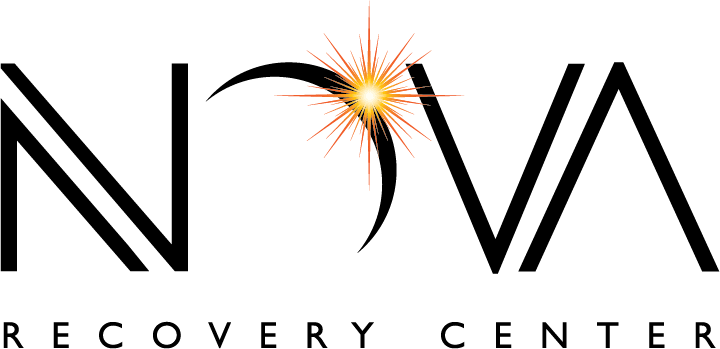What Sets Us a Part?
At Nova Recovery Center, we understand that each individual’s path to recovery is unique. Our continuum of care includes detox, inpatient rehab, outpatient services, and sober living, ensuring you receive the support needed at every stage of your journey. Our programs are tailored to prevent relapses and promote sustained recovery, addressing your physical, emotional, and spiritual needs.
Contact info
- 601 Old Oaks Ranch Rd, Wimberley, TX 78676
- +1 (512) 605-2955
- Open 24 Hours
What Sets Us a Part?
At Nova Recovery Center, we understand that each individual’s path to recovery is unique. Our continuum of care includes detox, inpatient rehab, outpatient services, and sober living, ensuring you receive the support needed at every stage of your journey. Our programs are tailored to prevent relapses and promote sustained recovery, addressing your physical, emotional, and spiritual needs.
Contact info
- 601 Old Oaks Ranch Rd, Wimberley, TX 78676
- +1 (512) 605-2955
- Open 24 Hours





